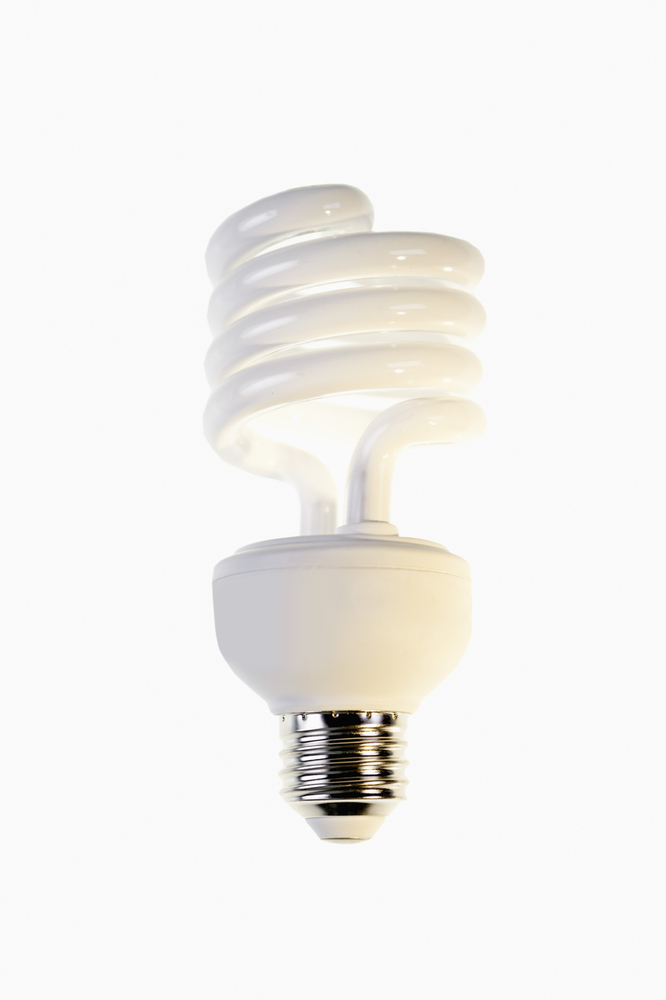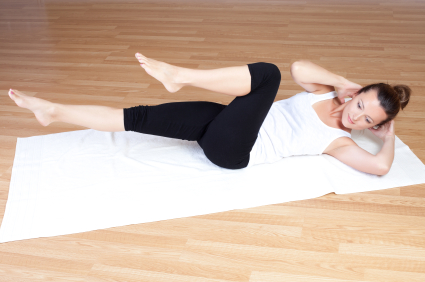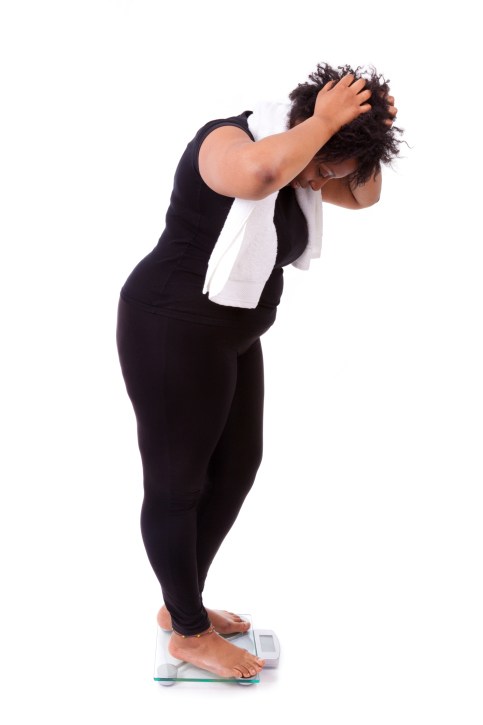2 Steps to a Lazy Man’s Diet
Who has time to count calories, shop for exotic, low calorie, super foods, or sign up for all the latest fad diets? I know that I certainly don’t.
I remember times in my life when dieting was not a problem. Playing football and burning up five or six thousand calories a day made weight control easy. As a matter of fact, I had to conscientiously try to gain weight! (Tons of milkshakes and ice cream).
As Buddhist monk in Thailand, my food intake consisted of one meal a day at 10:00 am all mixed together in one bowl. I got down to my “fighting” weight on no time.
These episodes required no particular effort on my part to lose weight. Weight loss happened automatically and relatively painlessly. So why should anyone have to put up with rigorous discipline and asceticism when trying to lose a few pounds? Why not just do it naturally without even having to think about food, play with it, measure and weigh it, or obsess about it? Here are the two steps to the lazy man’s diet:
Step 1. Determine to eat one big meal a day, at noon. You can cook in the evening, but put it all in a lunch pail or plastic baggies and take it to work the next day. Breakfast should be a quick bite of some fruit, and maybe a cup of coffee or green tea, and that’s it. Dinner should be the lightest meal, maybe some fruit juice, a handful of nuts or sunflower seeds and coffee or green tea. It takes about a week to get used to this routine before it goes on automatic pilot.
Step 2. Eat whatever and as much as you want for lunch, but always begin with your fruit first, then the desert, then the salad, leaving the main course for last. This effectively dulls the appetite and encourages leftovers! As soon as you feel the least bit full, close the lunchbox and take the leftovers home. They will provide better use in the garbage disposal than in your stomach. In time, you will learn how much to pack and not have to waste food.
Three things are important about these two steps: one is that eating in the evening is not healthy for many reasons, the least of which might be stroking the psychological dependency on food, which raises its ugly head most vociferously in the evenings in front of the big screen! Have you cut a little path from the TV to the fridge! Stop it! Stop your psychological dependency on food now. If not now, when?
Another important thing is that food consumed after noon contains twice as many calories as the same food consumed after noon, or at least it seems that way considering the weight we pack on when we eat in the afternoons and evenings.
And the third important thing is that fruit inhibits cancer, but only if it is eaten on an empty stomach. Fruit or fruit juice in the morning on an empty stomach, fruit first at lunch on an empty stomach, and fruit or fruit juice in the evenings on an empty stomach - that‘s key.
And if you are concerned about starving to death on one meal a day, keep in mind that Buddhist monks regularly fast for up to 30 days at a time with no meals (other than a little fruit juice and water) and survive quite well, some living healthily into their hundreds. The skinny ones last the longest! After about the third day of a fast, feelings of hunger disappear, and after about a week, even feelings of weakness subside. The advantage of fasting to a Buddhist monk is that the mind become extraordinarily calm and focused, and meditation progresses rapidly.
So this is your new bumper sticker. Cut it out and put it on your fridge.
Escape From the Tyranny of Food: ONE MEAL - FRUIT FIRST.
-
Decreasing your weight and being healthy is effortless
In many a long time a large number of studies and tests was performed
-
Planning Your Cant Miss Weight Loss Exercise Program
Developing a weight loss exercise program is paramount when engaging
-
Great Reasons Why Natural Weight Loss Pills Are So Effective
If all of us had a choice, we would opt to lose weight left and right
-
1 Top Tip For Permanent Fat Loss
Weight Loss is easy right? Eat in a calorie deficit, incorporate mo
-
Keeping Weight Off: Six Ways to Help You Stay Slim
After you have succeeded in losing your desired amount of weight, you
-
Better joint replacement outcomes for obese patients who have weight-loss surgery
Obese patients who undergo weight-loss surgery prior to having a
- DON'T MISS
- Healthy Eating: Use Your Intuition
- FBF: An Easy And Effective Method To Reduce Body Weight
- Fast Or Slow Weight Loss?
- Best Way To get rid of Abdominal Weight — Losing Weight in Two Easy Steps
- Say Goodbye to Food and Weight Obsession: Change Your Thoughts to Shape Your Body without Dieting
- The Fat Burning Furnace Within
- Is kratom the Right Supplements for Me?
- Hypnosis Lose Weight Secrets You Can Implement Today
- Understanding the causes of a Heart Attack
- How to Make Self-Help Books Work for You.




